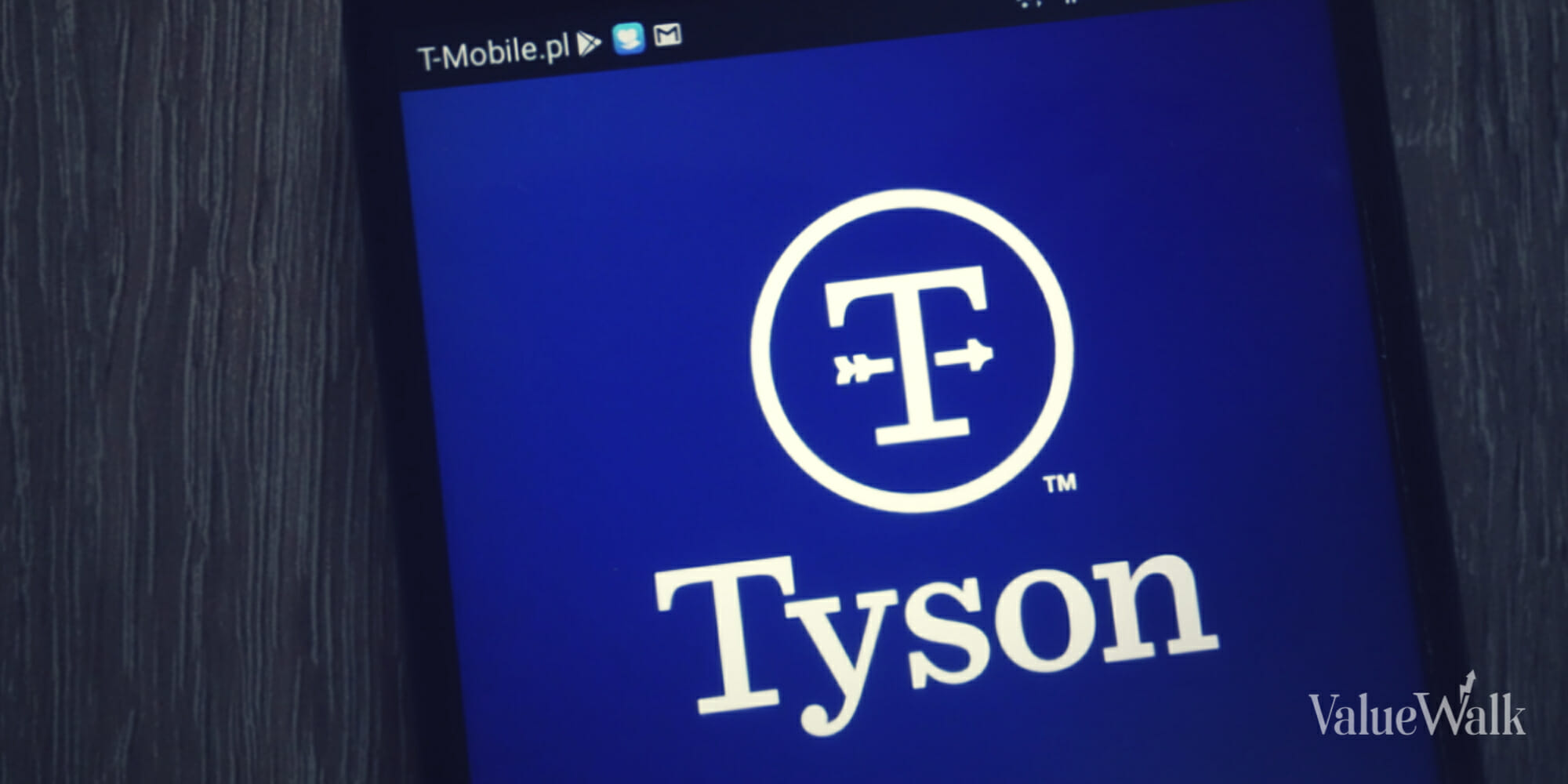Shares of Meta Platforms (NASDAQ:META) took off on Friday morning after the company that owns Facebook and Instagram more than tripled its net income in the fourth quarter — and did something it had never done before.
That something was paying investors a quarterly dividend. The initial dividend payout for the company, which went public in 2012, is 50 cents per share, payable on March 26. Meta management said the intention is to pay a dividend every quarter, so it’s not a one-off reward for a good quarter.
The market reacted favorably to Meta’s fourth-quarter report, as its stock price soared on Friday morning, rising about 20% to over $473 per share.
Meta offers dividend for the first time
On the earnings call that followed the release of the company’s fourth-quarter earnings on Thursday afternoon, Meta Chief Financial Officer Susan Li explained the rationale for initiating a dividend.
“[R}eturning capital to shareholders remains an important priority for us, and we believe introducing a dividend really just serves as a nice complement to the existing share repurchase program,” she said. “The dividend doesn’t change how much we will be — or it doesn’t change the way we determine the total amount of capital we return. And we expect that share repurchases will continue to be the primary way that we return capital to shareholders. But introducing a dividend just gives us a more balanced capital return program and some added flexibility in how we return capital in the future.”
In addition the the dividend, Meta also announced a plan to increase its share-repurchase plan by $50 billion. Last year, the company bought back $20 billion in stock, and as of Dec. 31, it still had about $31 billion available and authorized for repurchases. Thus, the $50 billion in authorization would be on top of that.
The move is significant, not only for Meta and its shareholders but in a broader sense, as the company is the first of its generation of internet/ social media tech giants to offer a dividend. Neither Amazon (NASDAQ:AMZN) nor Alphabet (NASDAQ:GOOG) (NASDAQ:GOOGL) does, nor does Netflix (NASDAQ:NFLX).
Fast-growing companies in the technology sector and elsewhere typically forego dividends, preferring to put any excess capital into accelerating the growth of the business.
Thus, this marks a major milestone for Meta, signifying in many respects a maturing, more stable company, not that a dividend payout is the sole criteria of maturity, but it is an element of it. It also could make Meta more attractive to institutional investors, many of which prefer stable dividend payers.
A blowout quarter
The dividend payout may be the headline news for Meta, but it is just part of the story. The company had a blowout fourth quarter to cap off a great year. Meta’s revenue was up 25% year over year in the quarter to $40.1 billion, while its net income surged 200% to $14 billion, or $5.33 per share.
The company’s profits were boosted by an 8% drop in costs and expenses for the quarter due to a restructuring initiative that began in 2022 to make it more efficient and strategic. The cost reductions came in the form of staff reductions and consolidation of facilities, among other measures, and as a result, Meta’s operating margin doubled year over year to 41%.
For the full year, Meta saw its revenue climb 16% to $134.9 billion, while its net income rose 69% to $39.1 billion, or $14.87 per share. The operating margin increased 10 percentage points to 35%.
CEO Mark Zuckerberg said on the earnings call, “2023 was our ‘year of efficiency,’ which focused on making Meta a stronger technology company and improving our business to give us the stability to deliver our ambitious long-term vision for AI and the metaverse.”
The company was able to more than double its free cash flow in the quarter to $11 billion and grow it to $43 billion for the year, up 134% from the previous year.
In 2024, Meta expects its expenses to be in the range of $94 billion to $99 billion, up from $88 billion in 2023. The company anticipates higher infrastructure costs due to its increased increased capital investments in recent years, higher payroll expenses as it hires workers to support priority areas, and higher expenses for its Reality Labs business for product development efforts in augmented reality/ virtual reality.
Meta got a slew of price-target raises from analysts after posting its earnings results, so the outlook remains bullish on the stock. However, the company probably won’t have the type of year it had in 2023, as its valuation has risen and it expects to have higher expenses and higher capital expenditures in 2024.





